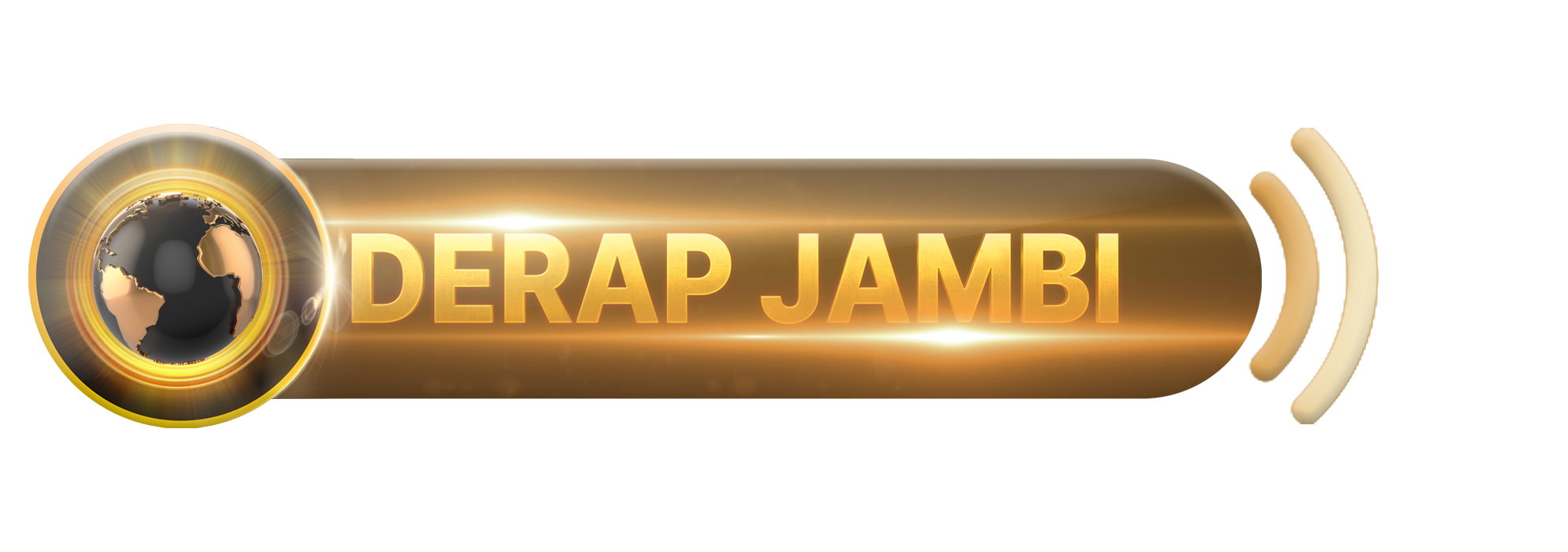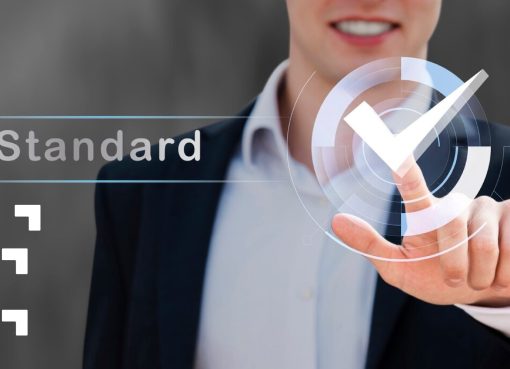Interview Tips: Absolutely Nailing Most Important Meeting

An interview can cause anxiety in many job seekers as a lot is at stake. g an interview necessitates preparation, self-assurance, and the capacity to manage tricky questions and unforeseen circumstances. This article will go over numerous methods to make an interview crack easier for you. With adequate preparation, better communication abilities, and a carefully executed post-interview, you can improve your chances of securing your dream career.
Pre-Interview Preparation
Research and Understand the Company
-
Get to know the company:
You can start by configuring a visit to the official website. You will find the necessary information about products and services offered, the company’s mission, and the story behind it. Mostly, you will find Company values and goals through this information.
Clicking on the “about us” and “careers” may give you more hints about the company.
Research the industry:
Also, you should find some information about the challenges the company or its industry faces. Likewise, you will be able to understand more about the market circumstances and expectations behind your role.
Learn the competitors:
Get to know more about the company’s current competitors, as well as the rising ones. By doing so, you prove your analytical approach and remaining insight.
Read the news:
It is also good to read some latest news related to the company. The latest releases or projects, project management roles welcome these questions.

Analyze the Job Description
-
Key responsibilities/skills. By picking the brightest examples of the necessary skills and the key areas of responsibilities, it should be easier for you to align your anecdotes.
-
Expectations/metrics. Also, check if the role has certain metrics that determine its success. Think about them and show how you have proved you can meet them.
-
Internal network. If possible, connect with a person who works at the company so you can discover the corporate culture better and learn more about the togel on interview culture. To do this, use LinkedIn.
Practice Common Interview Questions
Common behavioral questions:
Research and make a list of common behavioral questions. Some examples include “Tell me about a time you had a challenge at work” or “How do you work under tight deadlines?” Use the STAR method when answering and try to maintain being short and relevant.
Problem-solving/technical questions:
Prepare for problem-solving questions if you apply for a role that involves specific skills. Solve a few coding problems, conduct project management, or analyze data, depending on your area of expertise.
Case studies/ situational questions:
Case study questions are common in a few industries, including consulting or management. Learn basic frameworks, such as SWOT analysis, market sizing, and Porter’s Five Forces, and use them to structure your answers.
Mock Interviews
-
Simulate. Practice mock interviews with friends, mentor or career counselor. Mimic realistic interview conditions such as dressing appropriately and timing your replies .
-
Ask for constructive feedback. Get honest feedback to identify where you need to improve in your answers, body language, and overall communication.
-
Prepare your “elevator pitch”. Create and revise an elevator pitch to rapidly and simply explain who you are and why you should be hired.
Materials and Logistics
After your phone interview:
-
Review your resume and cover letter. Check if they conflict with your answers and also have print copies ready to distribute if asked.
-
Have your portfolio and past work prepared: If applicable, present your portfolio or past work samples. This allows you to demonstrate your accomplishments and talents.
-
Navigate and manage your time: Before leaving, plan the route, including traffic and parking. Make sure you arrive early or at least 10-15 minutes earlier to appear punctual and motivated.
During the Interview
First Impressions Matter
- Appearance:
- Dress appropriately for the role and company culture. When in doubt, choose business formal attire to project professionalism.
- Greeting and Introduction:
- Greet the interviewer(s) with a firm handshake, smile, and maintain good posture. Introduce yourself briefly but warmly to set a positive tone.

Communication and Answering Questions
- Listen Carefully:
- Pay close attention to each question before answering. If unclear, ask for clarification to ensure you’re addressing the interviewer’s concerns.
- Structure Your Responses:
- Use the STAR method (Situation, Task, Action, Result) to structure your responses to behavioral questions. This ensures that your answers are concise, relevant, and impactful.
- Showcase Relevant Skills:
- Emphasize the skills and experience that directly relate to the job. Share specific examples that demonstrate your problem-solving abilities, teamwork, and leadership qualities.
- Maintain Confidence and Positivity:
- Avoid sounding apologetic or uncertain, even when discussing challenging experiences. Frame your responses positively and show how you’ve learned or grown from past difficulties.
- Non-Verbal Communication:
- Maintain eye contact, smile, and keep an open posture. Non-verbal cues like nodding and leaning forward can show engagement.
- Ask Questions:
- Prepare thoughtful questions to ask the interviewer, such as “What do you see as the most significant challenge for someone in this role?” or “How does your team measure success?” This demonstrates genuine interest and engagement.
Handling Difficult Questions
- Gaps or Shortcomings:
- If asked about resume gaps or weaknesses, address them honestly but confidently. Explain how you’ve learned or improved from those experiences.
- Salary Expectations:
- If asked about salary, give a range based on your research and the role’s responsibilities. Express flexibility but don’t undersell your value.
- Technical Challenges:
- For technical questions, verbalize your thought process and logic. It’s okay to think aloud or ask for clarification if needed.
Ending the Interview
- Closing Remarks:
- Thank the interviewer(s) for their time, reiterate your interest in the role, and briefly summarize your qualifications.
- Follow-Up Information:
- Ask about the next steps in the hiring process or the expected timeline for a decision.
After the Interview
Thank-You Note
- Send Promptly:
- Send a thank-you email to each interviewer within 24 hours. Express gratitude for the opportunity and briefly reiterate your interest in the role.
- Highlight Key Points:
- Mention specific parts of the conversation that stood out to you, and re-emphasize why you’re the best fit for the role.
Reflect and Learn
- Analyze Your Performance:
- Reflect on how you handled different questions, your communication style, and your overall rapport with the interviewers.
- Identify Areas for Improvement:
- Note down questions or topics that stumped you, and research better responses for future interviews.
Follow-Up
- Polite Inquiry:
- If you haven’t received a response after the expected timeline, send a polite follow-up email to inquire about the status of your application.
- Stay Positive:
- Regardless of the outcome, maintain a positive attitude. Constructive feedback from one interview can help you improve for the next.
Additional Tips for Success
Mindset and Attitude
- Stay Positive and Confident:
- Focus on your strengths and stay positive, even when asked about weaknesses or challenges. A positive attitude can help you stay calm under pressure.
- Be Yourself:
- Authenticity is crucial in building trust and rapport with interviewers. Don’t exaggerate or fabricate skills or experiences.
Online Presence and Networking
- LinkedIn Profile:
- Keep your LinkedIn profile updated with your latest accomplishments and skills. Ensure consistency between your resume and online presence.
- Professional Network:
- Leverage your professional network for referrals or advice on the company’s interview process.
- Social Media:
- Review your public social media profiles for professionalism. Employers often check candidates’ online presence.

Specialized Strategies for Different Types of Interviews
- Phone Interviews:
- Ensure you’re in a quiet environment and have your documents handy. Stand or sit up straight to maintain a confident tone.
- Video Interviews:
- Test your equipment in advance and ensure proper lighting. Maintain eye contact with the camera, not your screen.
- Panel Interviews:
- Address each interviewer by name and direct your answers to the whole panel. Treat them as a team rather than focusing solely on one member.
- Group Interviews:
- Actively listen to other candidates’ responses and contribute positively to group discussions without overpowering others.
Continuous Improvement
- Training and Skill Development:
- Enroll in online courses or attend workshops to enhance your skills and certifications.
- Seek Feedback:
- Ask friends, mentors, or previous interviewers for feedback to understand areas of improvement.
- Practice Interviews:
- Continue practicing with mock interviews to refine your responses and confidence.
Conclusion
It is an easy task to crack an interview with preparation, confidence, and learning. It is possible by knowing about the company, predicting potential questions and practicing your speech, you can show everyone that you are ready for anything. It is also necessary to smile, be honest, and leave a message of thanks to convince everyone that you are a serious contender. Use all the advice above, and you will immediately get the long-awaited job.
If you enjoyed this article, consider reading our insightful piece on Arvind Kejriwal to learn about his journey and the leadership lessons he embodies.




Leave a Comment